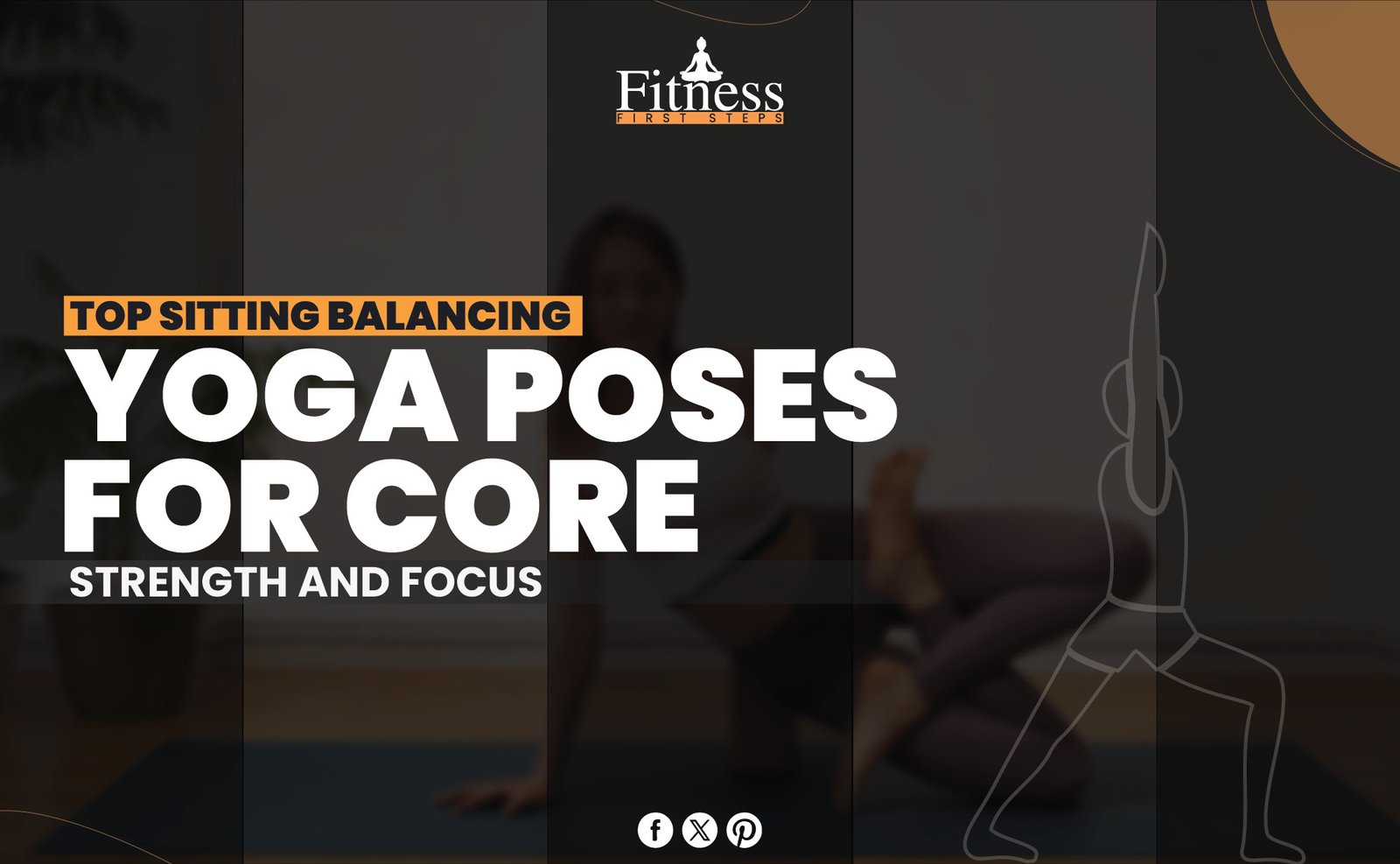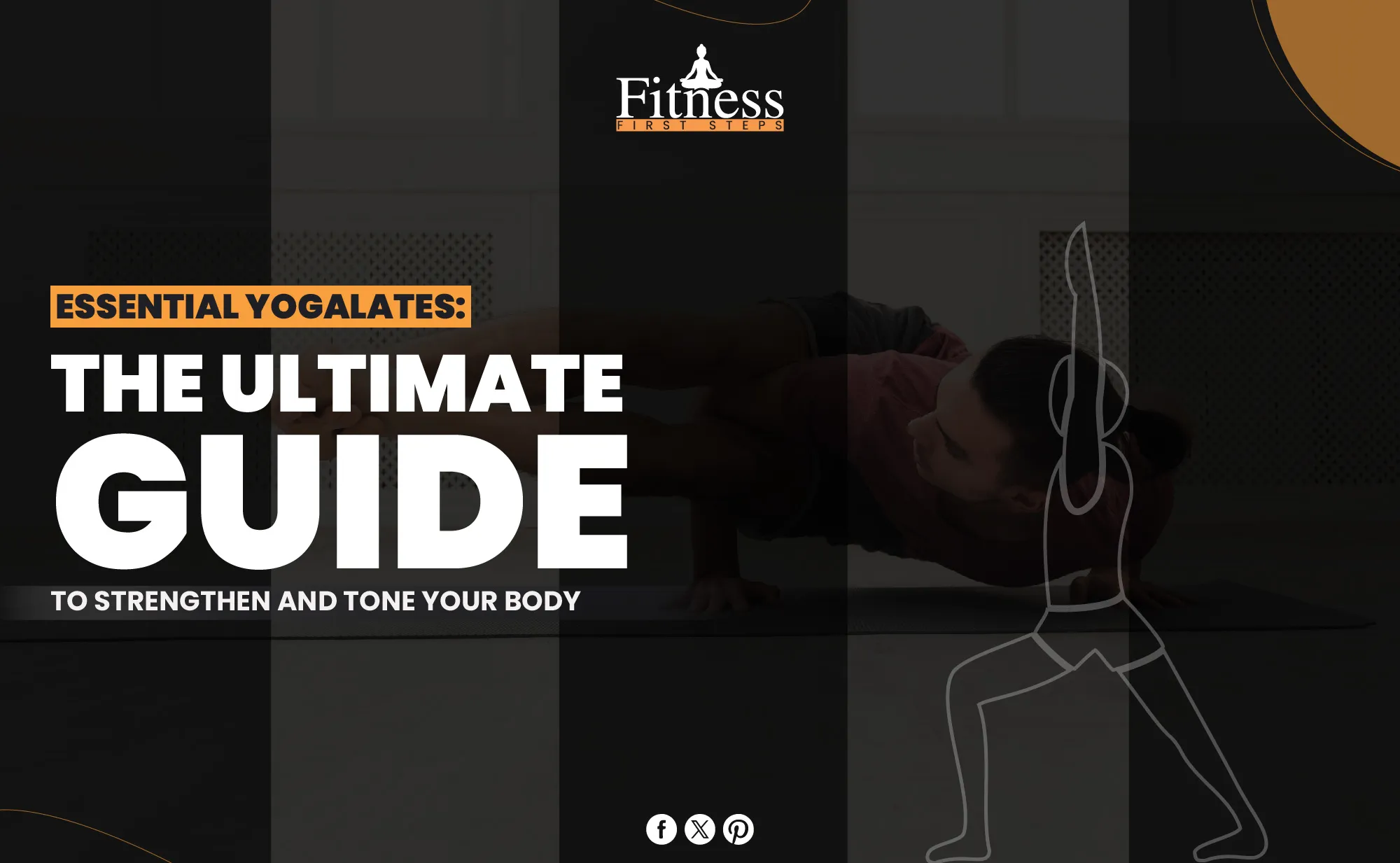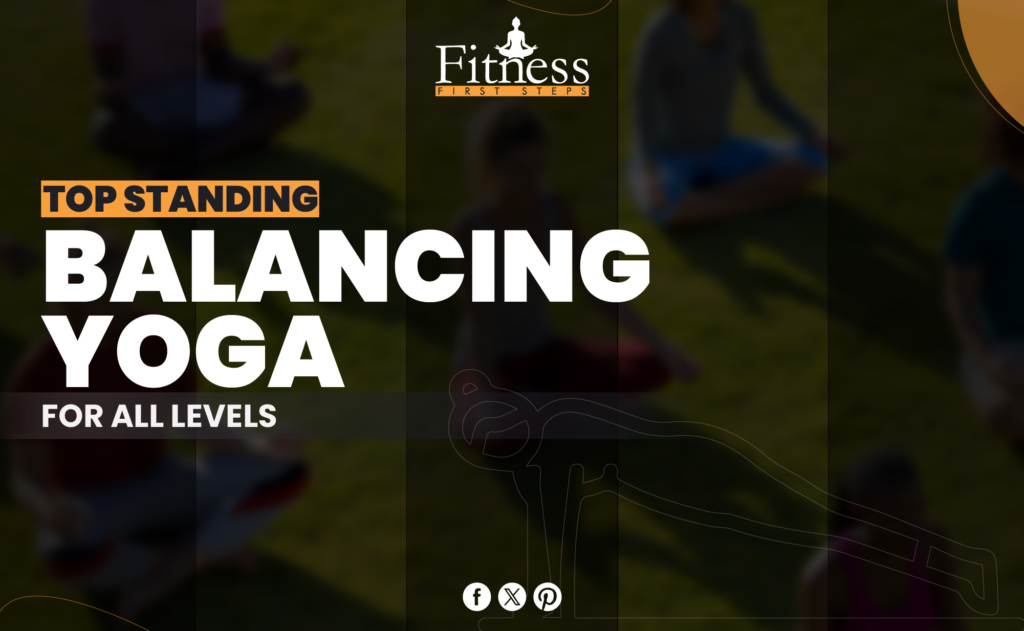Introduction
We want to take this opportunity to welcome you to a path of self-improvement and overall well-being via the ancient teachings of yogic science. In this piece, we will dig into five significant ways yoga may positively affect your life, making you healthier, happier, and more balanced. These considerations can assist you in getting the most out of your yoga practice, regardless of whether you are an experienced yogi or are just beginning your journey into the world of yoga.
The Essence of Yogic Science
The physical postures and stretching activities often associated with yoga are a small part of the yogic discipline. It is an approach that considers the mind, body, and spirit and strives to bring them into harmony. Let’s investigate how this time-honored practice contributes to your health and well-being.
Improved Flexibility and Strength
The practice of numerous asanas (postures) that increase flexibility and develop strength is at the heart of yogic science. The muscles are toned, posture is improved, and general strength in the body is increased thanks to these physical workouts. You’ll discover that you can move about your everyday life more easily if you consistently try to improve your mobility.

Stress reduction and mental clarity
Stress is an enemy that almost everyone faces in today’s fast-paced society. Pranayama, often known as “breath control,” is one of the efficient practices offered by yogic science, along with meditation, for calming the mind and reducing stress. Using these techniques, you can make better judgments and react more calmly to situations since they help you achieve mental clarity.
Enhanced Respiratory Health
The concept of pranayama, or yoga breathing, is fundamental to yoga practice. The exercises known as pranayama encourage slow, controlled breathing, which helps expand lung capacity and oxygenate the body. This not only improves the condition of your lungs, but it also raises your energy levels and gives you a general boost in vigor.
Better sleep quality
Yoga may be a game-changer for those with trouble falling or staying asleep. Yoga helps you prepare for a pleasant night’s sleep by bringing mental and physical relaxation. If you want to increase the quality of your sleep and wake up feeling refreshed, including yoga in your routine may help.

Emotional Balance and Well-Being
The concept of emotional equilibrium is just as important to the practice of yogic science as it is to the concept of maintaining one’s physical health. The cultivation of an inner feeling of serenity, emotional steadiness, and a constructive perspective on life is the result of consistent practice. You’ll discover that you’re better suited to deal with the difficulties that life throws at you.
Conclusion
Yogic science is a priceless gem that has the power to improve your well-being, and it has been around for a very long time. You can open the door to a healthier and happier version of yourself if you work on increasing your flexibility, lowering your stress levels, strengthening your respiratory health, encouraging better sleep, and cultivating emotional equilibrium. Get started on your yogic journey right now and see for yourself the deep and beneficial changes it has the potential to bring into your life.
FAQs
Q1: Is there anyone who practices yogic science?
A: Definitely! All ages and fitness levels may benefit from yoga’s adaptability. To create a practice that works for you, speak with a qualified teacher.
Q2: For best effects, how frequently should I practice yoga?
Aim for three or four workouts a week at the very least to get the advantages. The key is consistency.
Q3: Can yoga take the place of other physical activities?
A: Yoga is a good addition to other exercise regimens. It’s about improving your general health, not replacing it.
Q4: Is there a certain diet one must adhere to to practice yoga science?
A healthy, well-balanced diet enhances your yoga practice and promotes general well-being, even without rigid dietary restrictions.
Q5: Is yoga beneficial for persistent pain?
Yes, yoga has the potential to help with chronic pain. See your physician and seek the advice of a qualified yoga teacher.




